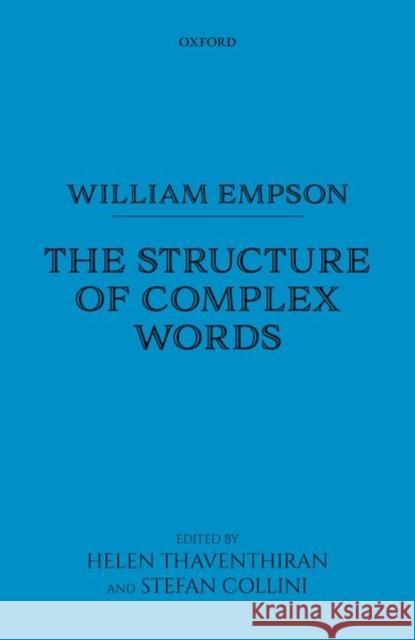William Empson: The Structure of Complex Words » książka
topmenu
William Empson: The Structure of Complex Words
ISBN-13: 9780198713432 / Angielski / Twarda / 2021 / 672 str.
Kategorie:
Kategorie BISAC:
Wydawca:
Oxford University Press, USA
Język:
Angielski
ISBN-13:
9780198713432
Rok wydania:
2021
Ilość stron:
672
Waga:
1.03 kg
Wymiary:
23.62 x 15.49 x 4.32
Oprawa:
Twarda
Wolumenów:
01
Dodatkowe informacje:
Bibliografia











